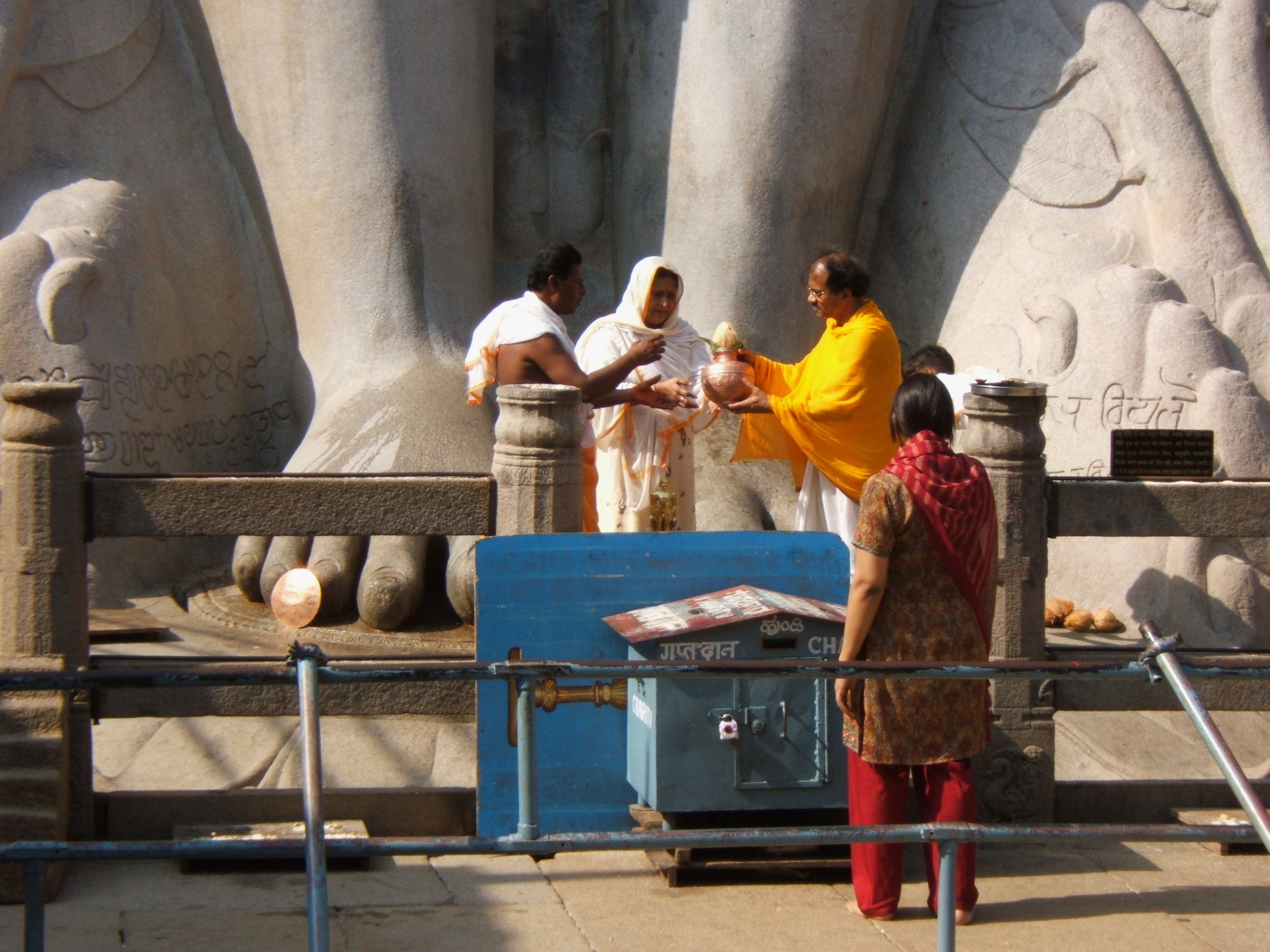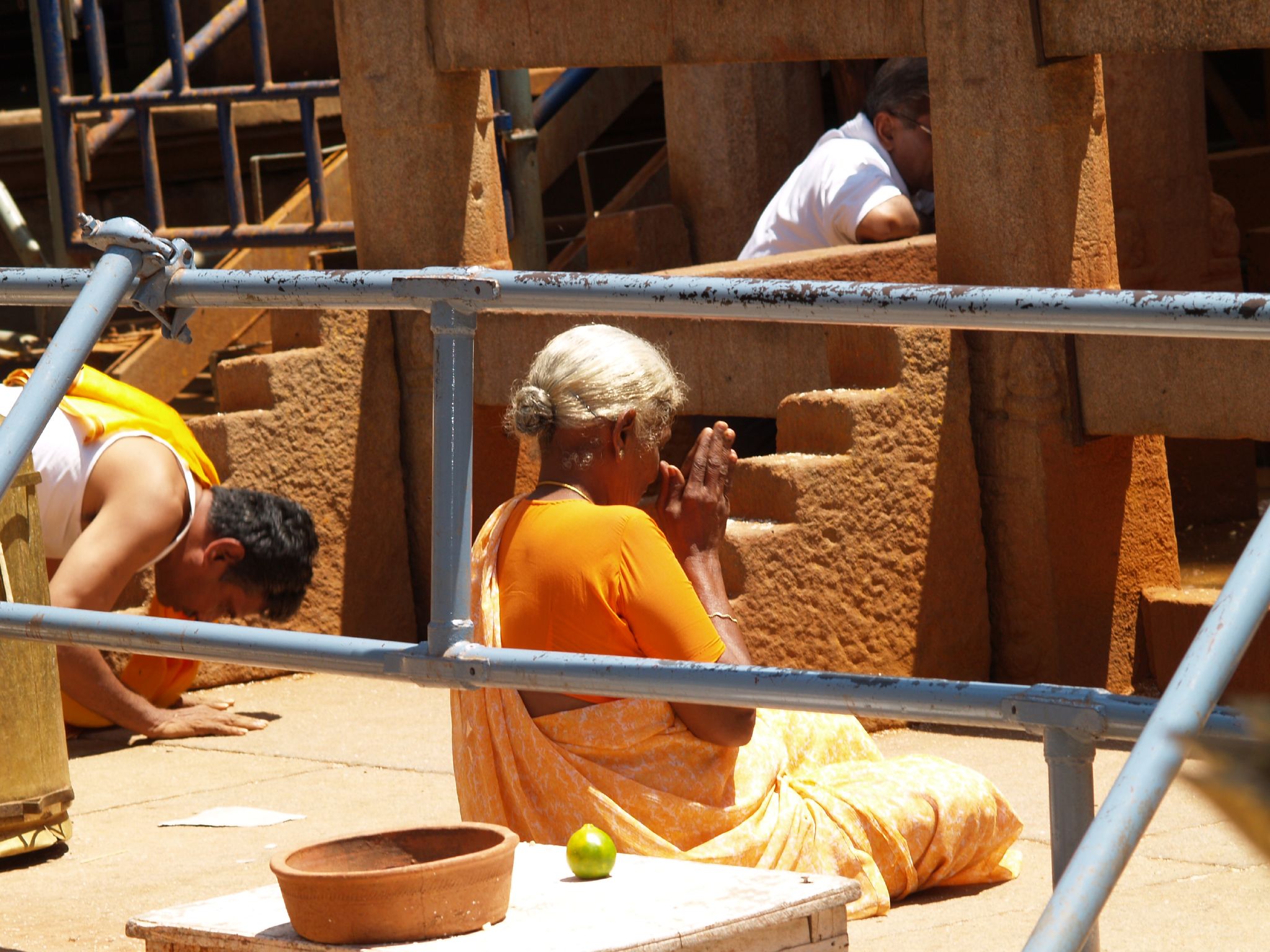ŇörńĀvaka (Jainism) on:
[Wikipedia]
[Google]
[Amazon]
 In
In
 In Jainism, six essential duties (''avashyakas'') are prescribed for a ''ŇõrńĀvaka''. These help the laity in achieving the principle of ahimsa which is necessary for his/her spiritual upliftment. The six duties are:
#Worship of Pa√Īca-ParameŠĻ£ŠĻ≠hi (five supreme beings)
#Following the preachings of Jain saints
#Study of
In Jainism, six essential duties (''avashyakas'') are prescribed for a ''ŇõrńĀvaka''. These help the laity in achieving the principle of ahimsa which is necessary for his/her spiritual upliftment. The six duties are:
#Worship of Pa√Īca-ParameŠĻ£ŠĻ≠hi (five supreme beings)
#Following the preachings of Jain saints
#Study of
Alt URL
{{DEFAULTSORT:Sravaka (Jainism) Jain sangha
 In
In Jainism
Jainism ( ), also known as Jain Dharma, is an Indian religions, Indian religion whose three main pillars are nonviolence (), asceticism (), and a rejection of all simplistic and one-sided views of truth and reality (). Jainism traces its s ...
, the word ŇörńĀvaka or SńĀvaga (from Jain Prakrit) is used to refer to the Jain laity (householders). The word ''ŇõrńĀvaka'' has its roots in the word ''ŇõrńĀvana'', i.e. ''the one who listens'' (to the discourses of the saints).
The ''tirthankara
In Jainism, a ''Tirthankara'' (; ) is a saviour and supreme preacher of the ''Dharma (Jainism), dharma'' (righteous path). The word ''tirthankara'' signifies the founder of a ''Tirtha (Jainism), tirtha'', a fordable passage across ''SaŠĻÉsńĀ ...
'' restores or organises the '' sangha'', a fourfold order of ''muni'' (male monastics), '' aryika'' (female monastics), '' ŇõrńĀvaka''s (male followers) and ''ŇõrńĀvikńĀ''s (female followers).
In Jainism, there are two kinds of votaries:
*The householder (one with minor vows)
*The homeless ascetic (one with major vows).
According to the Jain text '' PuruŇüńĀrthasiddhyupńĀya'':
Ratnakaranda ŇõrńĀvakńĀcńĀra, a major Jain text, discusses the conduct of a ŇörńĀvaka in detail.
Six essentials
 In Jainism, six essential duties (''avashyakas'') are prescribed for a ''ŇõrńĀvaka''. These help the laity in achieving the principle of ahimsa which is necessary for his/her spiritual upliftment. The six duties are:
#Worship of Pa√Īca-ParameŠĻ£ŠĻ≠hi (five supreme beings)
#Following the preachings of Jain saints
#Study of
In Jainism, six essential duties (''avashyakas'') are prescribed for a ''ŇõrńĀvaka''. These help the laity in achieving the principle of ahimsa which is necessary for his/her spiritual upliftment. The six duties are:
#Worship of Pa√Īca-ParameŠĻ£ŠĻ≠hi (five supreme beings)
#Following the preachings of Jain saints
#Study of Jain scriptures
Jain literature () refers to the literature of the Jain religion. It is a vast and ancient literary tradition, which was initially transmitted orally. The oldest surviving material is contained in the canonical ''Jain Agamas'', which are wri ...
#'' SńĀmńĀyika'' (Vow of periodic concentration)
#Following discipline in their daily engagement
#Charity (''dńĀna'') of four kinds:
##''Ahara-dńĀna'' ‚Äď donation of food
##''Ausadha-dńĀna'' ‚Äď donation of medicine
##''Jnana-dńĀna'' ‚Äď donation of knowledge
##''Abhaya-dńĀna'' ‚Äď saving the life of a living being or giving of protection to someone under threat
Twelve Vows
Jain ethical code prescribes five main vows and seven supplementary vows, which include three ''guŇÜa vratas'' and four ''ŇõikŇüńĀ vratas''.Mahavratas
In Jainism, both ascetics and householders have to follow five vows (''vratas'') compulsorily. These five vows are: # AhiŠĻÉsńĀ ‚Äď refraining from harm: avoidance of harming any living being by one's actions and thoughts. Out of the five types of living beings, a householder is forbidden to kill or destroy intentionally all except the lowest of life-forms (seen as "the one-sensed", such as vegetables, herbs, cereals, etc., which are seen to possess only the sense of touch). #Satya
(Sanskrit: ; IAST: ) is a Sanskrit word that can be translated as "truth" or "essence.“ In Indian religions, it refers to a kind of virtue found across them. This virtue most commonly refers to being truthful in one's thoughts, speech and act ...
‚Äď avoidance of lying, or avoidance of speaking that which is not commendable
# Asteya ‚Äď Avoidance of stealing: to not take anything if not freely given
# Brahmacharya (Chastity
Chastity, also known as purity, is a virtue related to temperance. Someone who is ''chaste'' refrains from sexual activity that is considered immoral or from any sexual activity, according to their state of life. In some contexts, for exampl ...
) ‚Äď Refraining from indulgence in sexual passions
# Aparigraha ( Non-possession) ‚Äď Detachment from material property
Anuvratas
GuŇÜa vratas
*''digvrata'' ‚Äď Restriction on movement with regard to directions *''bhogopabhogaparimana'' ‚Äď Vow of limiting consumable and non-consumable things *''anartha-dandaviramana'' ‚Äď Refraining from harmful occupations and activities (purposeless sins)ŇöikŇüńĀ vratas
*'' Samayika'' ‚Äď Vow to meditate and concentrate periodically. The ''sńĀmayika vrata'' (vow to meditate) is intended to be observed three times a day if possible; otherwise at least once daily. Its objective is to enable the ''ŇõrńĀvaka'' to abstain from all kinds of sins during the period of time fixed for its observance. The usual duration of the ''sńĀmayika'' vow is an ''antara mŇęharta'' (a period of time not exceeding 48 minutes). During this period, which the layperson spends in study and meditation, they refrain from five kinds of sin‚ÄĒinjury, falsehood, theft, unchastity and love of material possessions. These are accomplished through any of three designated ways. These three ways are: #by an act of mind, speech or body (''krita'') #inciting others to commit such an act (''kńĀrita'') #approving the commission of such an act by others (''anumodanńĀ'') In performing ''sńĀmayika'' the ''ŇõrńĀvaka'' has to stand facing north or east and bow to the '' Pa√Īca-ParameŠĻ£ŠĻ≠hi''. The person then sits down and recites the Namokara mantra a certain number of times, and finally devotes themselves to holy meditation. ''SńĀmayika'' can be performed anywhere: a temple, private residence, forest and the like, but the place shouldn't be open to disturbance of any kind. *''Desavrata'' ‚ÄĒ Limiting movement to certain places for a fixed period of time. *''Upvas'' ‚ÄĒ Fasting at regular intervals *''Atihti samvibhag'' ‚ÄĒ Vow of offering food to the ascetics and to the needy A householder who observes these vows is called ', i.e., one who observes abstinence as well as non-abstinence.SallekhanńĀ
A householder who has observed all the prescribed vows to shed their '' karmas'', may take the vow of ''sallekhanńĀ'' at the end of their life. According to the Jain text, ''PuruŇüńĀrthasiddhyupńĀya'', "sallekhana enables a householder to carry with him his wealth of piety". The '' Sallekhana'', a voluntary vow of self-starvation, is performed by reducing one's food and fluid intake; the object is to die while engrossed in meditation, with equanimity of mind. Sallekhana is seen to preserve the loss of good karma and to prevent the further effacing of grief, fear, anger, affection, hatred, prejudice etc. at the end of one's life, after the person's vows and austerities have had their beneficial karma on the world. A Jain who has taken these vows spends much time on prayer and scripture, and is seen to be freed from pleasure and passion.See also
* Sarak * Pratima (Jainism) * Tapas (Indian religions) * Tapas (Jain religion)References
Sources
* * * * * * *Alt URL
{{DEFAULTSORT:Sravaka (Jainism) Jain sangha